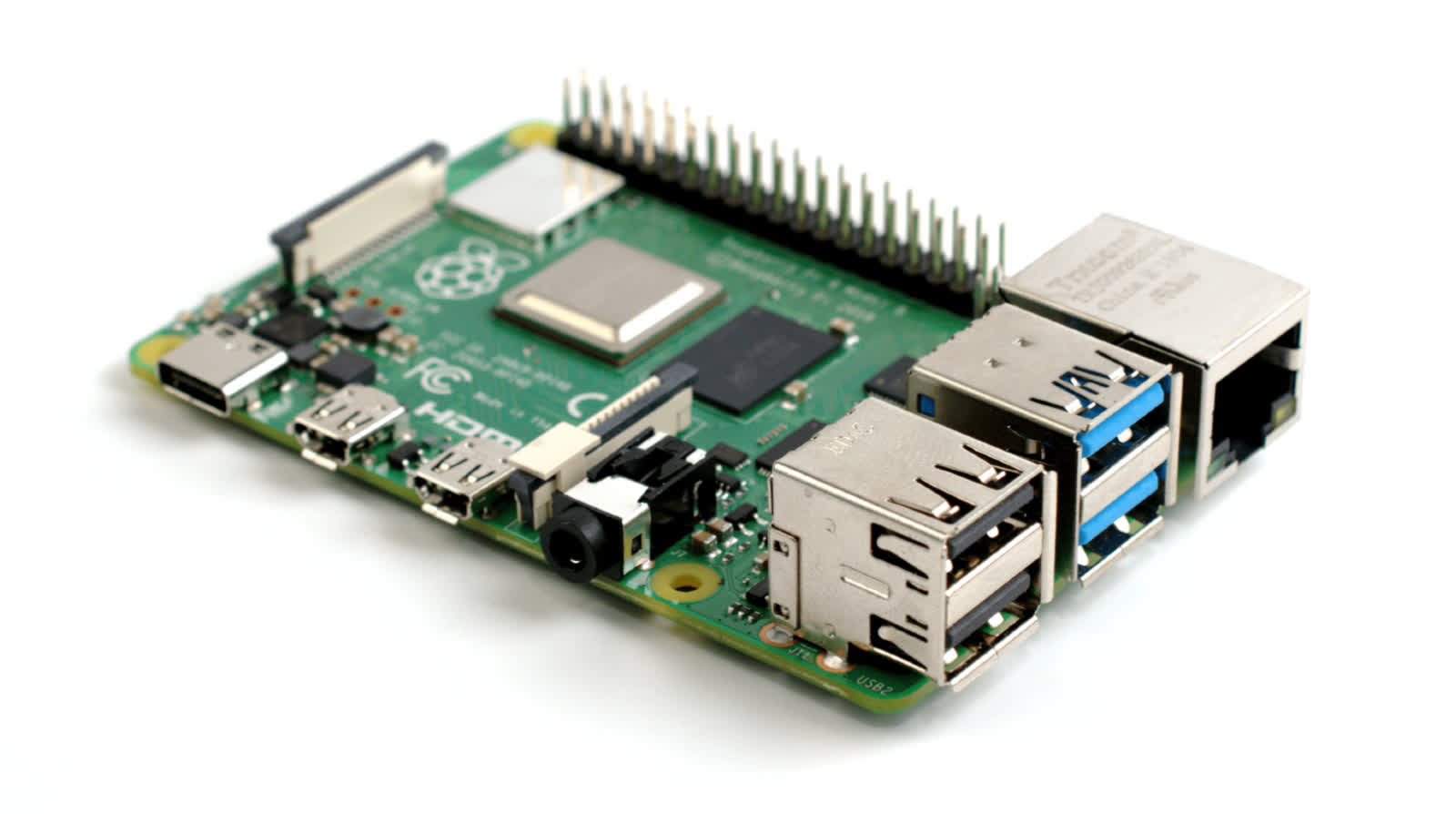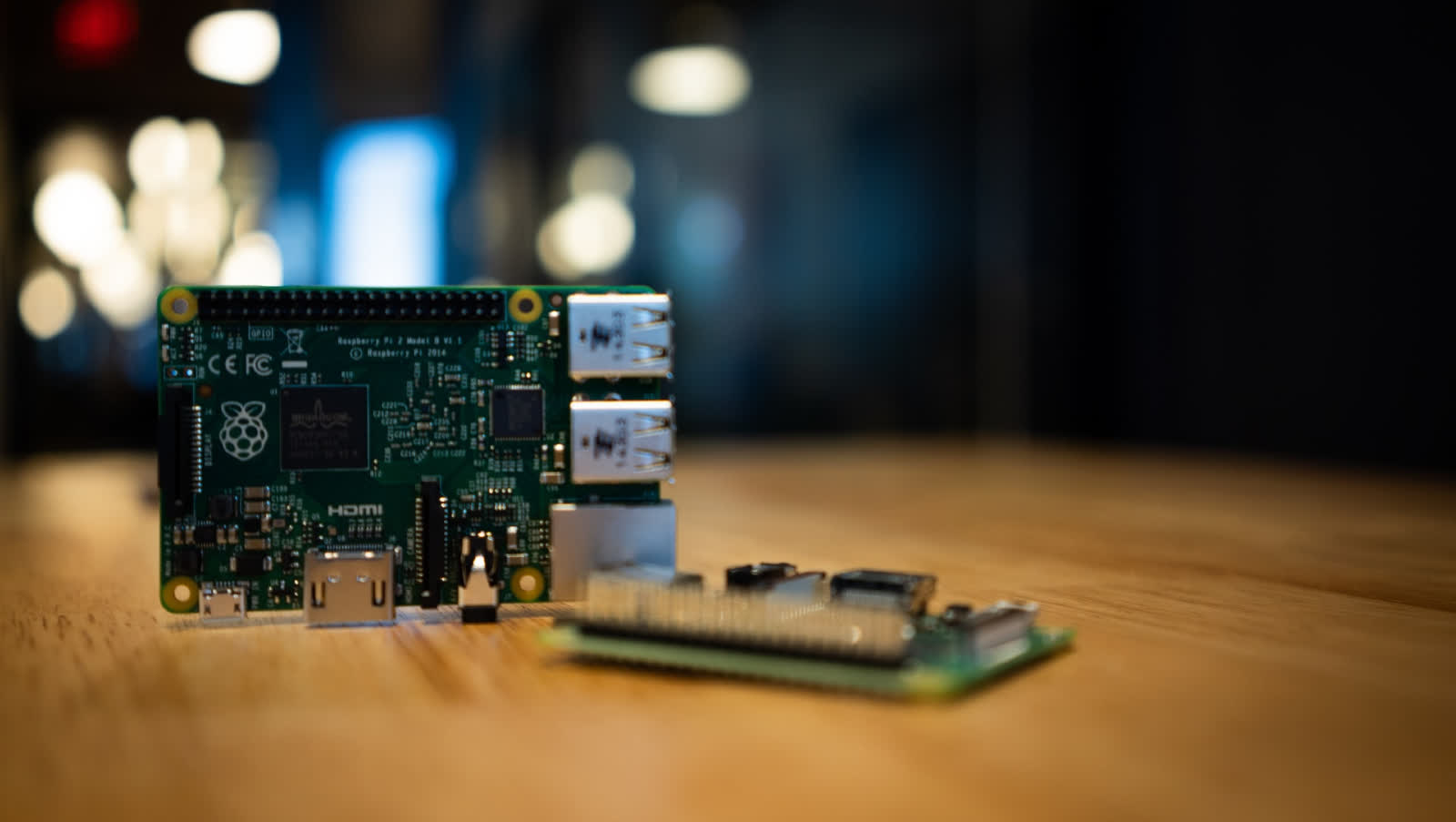Why it matters: It seems nothing is safe from the chip shortage, not even one of the cheapest computer systems on the market. For the first time since it was released, the price for a Raspberry Pi board will be going up.

In February 2020, the Raspberry Pi Foundation announced it would discontinue the 1GB Raspberry Pi 4, while the 2GB variant would permanently drop from $45 to $35. Due to global supply chain issues and the shortage of semiconductors, the 2GB Raspberry Pi 4 will now return to its original $45 price point. The product is simply not "currently economically viable" at the reduced cost.
Although there's been "significantly increased demand" for its boards, Raspberry Pi will ultimately manufacture around seven million units in 2021, which would be level with the shipment volume during 2020. The shortages have predominantly affected both the Raspberry Pi Zero and the 2GB variant of Raspberry Pi 4.
Eben Upton, the CEO of Raspberry Pi, stressed the uptick in price is only a temporary measure, and once supply chain issues ease, pricing will revert back to $35. Out of all their single-board computers, only the 2GB Raspberry Pi 4 model will cost more in the meanwhile.

Catering to their industrial customers who have incorporated the 2GB version of Raspberry Pi 4 into their products, the previously discontinued 1GB variant will be reintroduced for $35.
Raspberry Pi expects the supply chain challenges it's facing will remain through much of 2022, with these obstacles mostly impacting their older systems built on 40nm silicon. As such, products that will be prioritized in the allocation of limited stocks of 40nm silicon are the Compute Module 3, Compute Module 3+, and Raspberry Pi 3B.
"The good news is that we've been able to hold the line on pricing for all but one of our products; that we expect to have enough 28nm silicon over the next twelve months to support both our existing Raspberry Pi 4 and Compute Module 4 customers, and customers migrating from Raspberry Pi 3B+; and that we see early signs that the supply chain situation is starting to ease," Upton added.
The chip shortage and bottlenecked supply chains have affected all facets of the technology industry. The PC market, graphics cards, gaming consoles, and even the automotive market have all been damaged.
https://www.techspot.com/news/91846-raspberry-pi-price-increase-first-time-ever-due.html